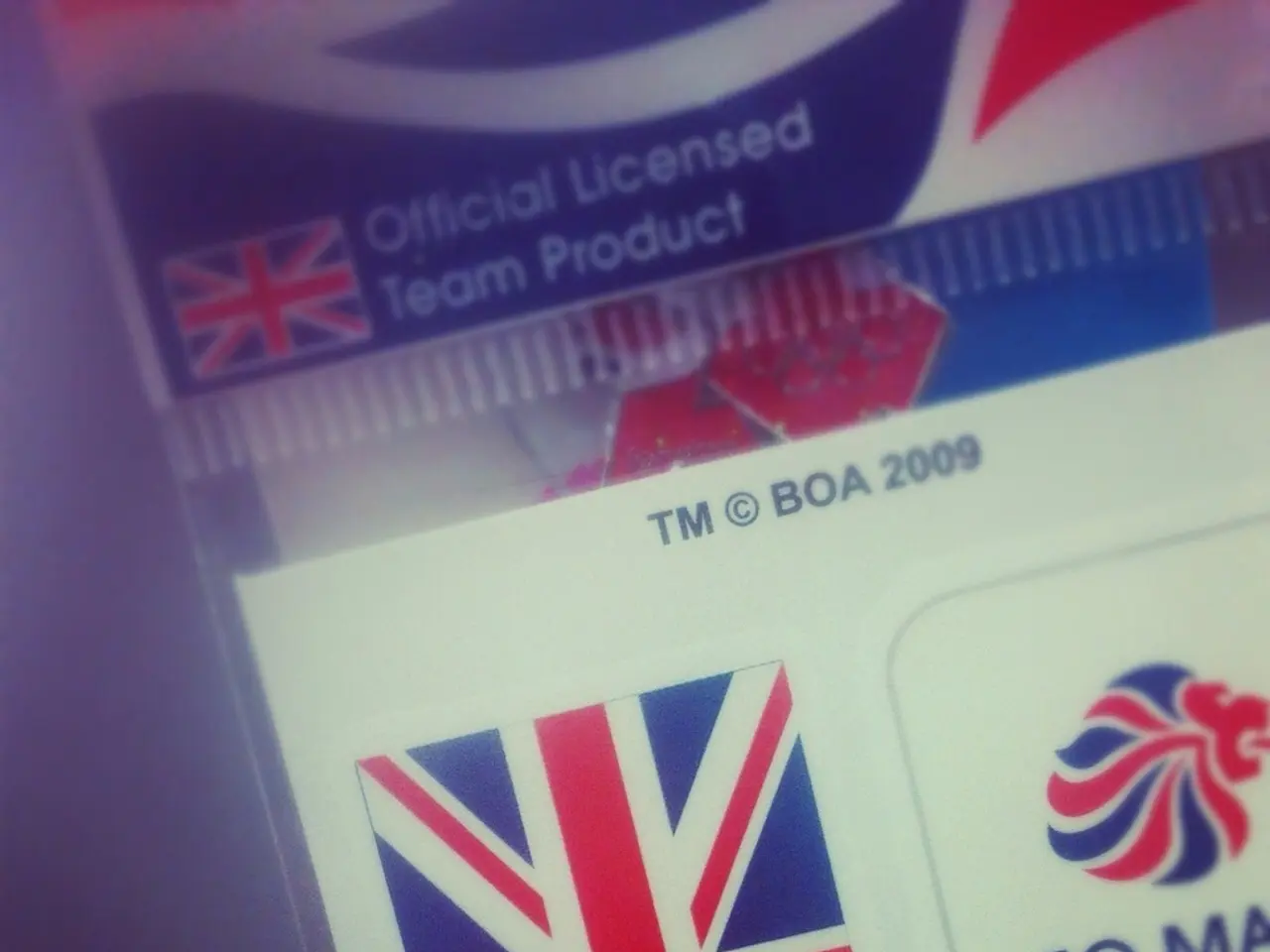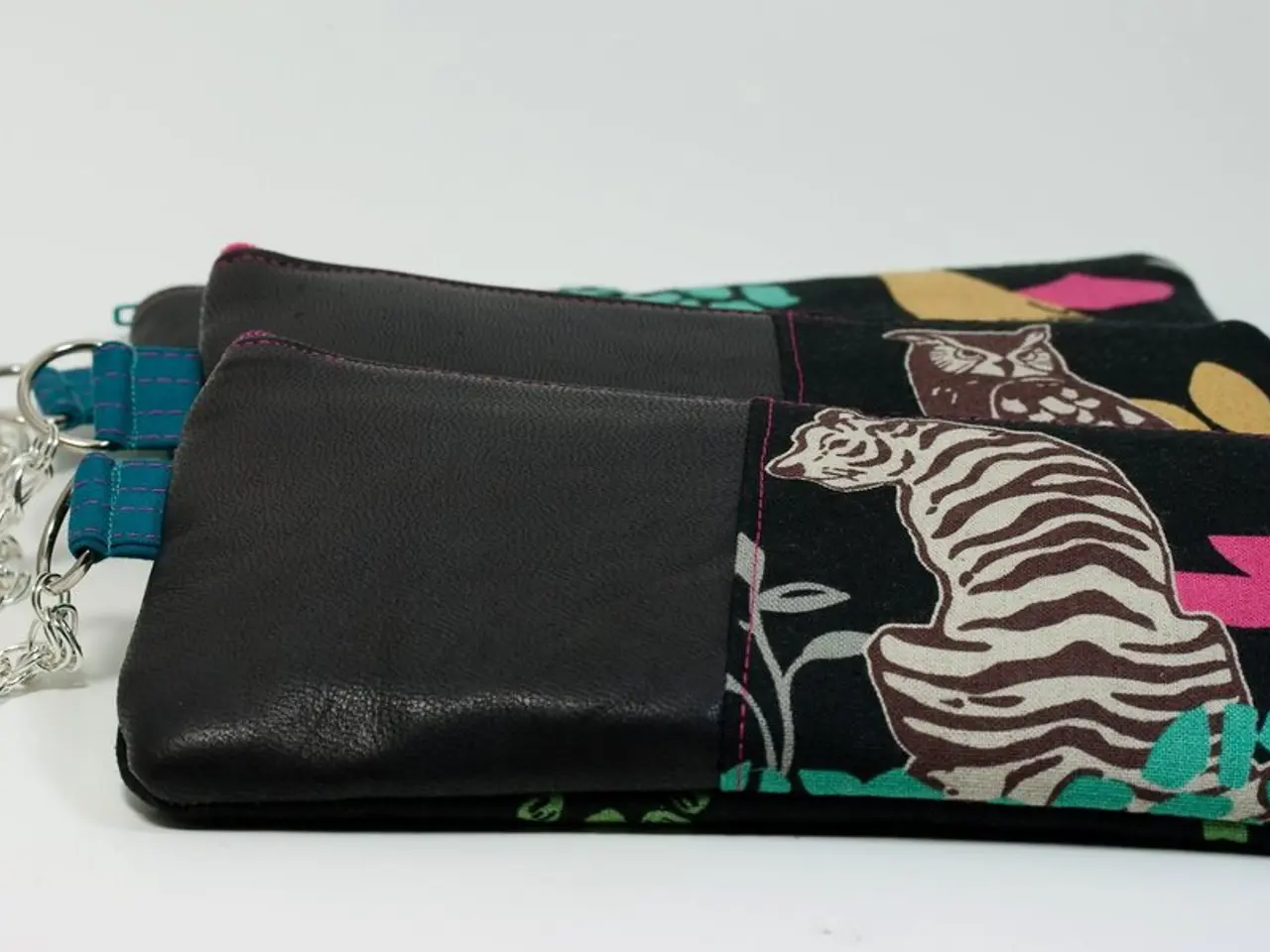Expanding India Market Offers Potential for PayPal and Worldline
India's growing Small and Medium-sized Business (SMB) sector is seeing a significant push from the Reserve Bank of India (RBI) towards the development of a more efficient global payments infrastructure. This move is aimed at facilitating business for India's expanding SMB base and bolstering the country's commitment to achieving $2 trillion in exports by 2030.
The licensing process for cross-border payments in India is selective, focusing on providing greater access to the country's addressable market. This selectiveness has attracted global payments providers, with several companies showing interest in the Indian market. Adyen and Amazon Pay have been fully authorized to handle import payments in India, while PayPal and Worldline have received in-principle approval and full authorization respectively from the RBI to operate as cross-border payments aggregators for exporters and importers in India.
The licensing of PayPal and Worldline is part of a broader trend of global players pursuing Payment Aggregator-Cross-Border (PA-CB) authorization in India. This pursuit indicates confidence in India's importance for global trade. The RBI regulates payment aggregators and payment service providers, including those handling cross-border payments, under expanded fintech laws and regulations. These regulations ensure compliance with Anti-Money Laundering (AML) laws and other financial oversight.
Several licensed payment aggregators operate in India, handling multiple businesses’ payments, including cross-border transactions. The exact list is maintained by the RBI and is subject to compliance with evolving fintech regulations. Key players in the payment aggregation ecosystem include PayU India, CCAvenue (Vijay Payments), Razorpay, Paytm Payments Bank, MobiKwik, and Pine Labs. These companies facilitate payments, including cross-border settlements on behalf of multiple businesses, complying with the RBI’s licensing and regulatory framework.
The licensing of additional global players could lead to a more competitive segment of the cross-border payments space in India. As more players are granted approval, the competitive landscape for cross-border payments may become more dynamic. Worldline's licence, for instance, enables it to handle export and import payments, allowing it to serve a broader range of merchants. PayPal's licence allows it to collect payments on behalf of multiple Indian exporters and disburse settlements, helping them expand their client bases.
India's commitment to making cross-border payments more transparent is ongoing. Despite ongoing US tariff concerns, India has shown significant strength in recent years, with record-high exports of $825 billion in the FY 2024-2025 period. The RBI requires non-bank platforms aggregating payments for multiple Indian businesses to have a PA-CB licence to operate legally. Stricter regulations are being implemented to ensure transparency and security in cross-border payments.
In conclusion, the RBI plays a crucial role in authorizing companies to aggregate cross-border payments. The payment aggregation ecosystem includes major fintech firms, with several companies having been fully authorized for PA-CB operations. The competitive landscape for cross-border payments in India may become more competitive as more players are granted approval. For the most authoritative and current company list, consult the RBI’s website or the latest RBI circulars on Payment Aggregators for cross-border payments.
The Reserve Bank of India (RBI) has granted PayPal and Worldline full authorization to operate as cross-border payments aggregators for exporters and importers in India, signifying a boost to India's finance sector and global trade. This licensing is part of a broader trend, as the RBI regulates payment aggregators to ensure compliance with Anti-Money Laundering (AML) laws and other financial oversight, fostering a more secure and competitive cross-border payments landscape in India.




